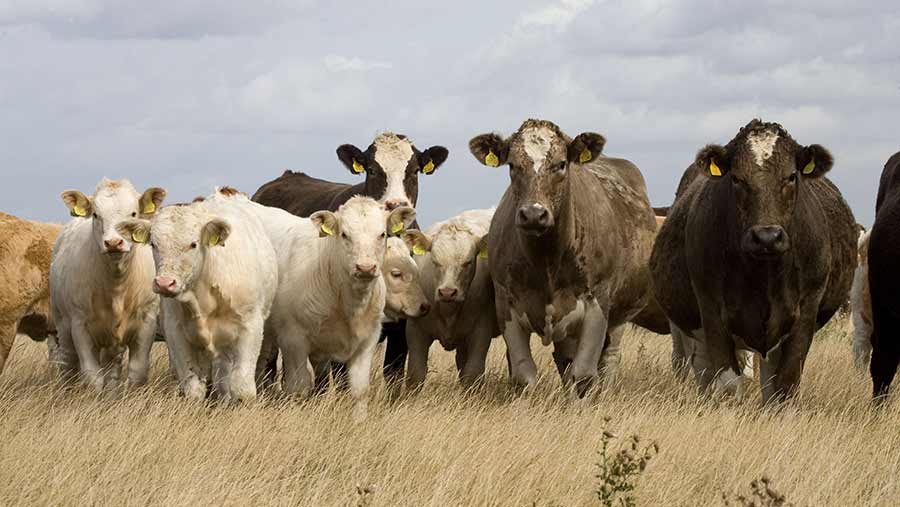Bluetongue cases spread to Norfolk and sheep
 © Tim Scrivener
© Tim Scrivener Movement restrictions have been introduced in Norfolk after two cases of bluetongue disease were found in cattle, bringing the total number of cases to 11.
Following routine surveillance, two further cases of the new strain of bluetongue virus (BTV-3) were identified on a farm at Cantley, near Acle, Norfolk.
A 10km temporary control zone has been declared around the premises and both animals have been humanely culled to minimise the risk of onward transmission. Movement restrictions apply to cattle, sheep and other ruminants.
See also: Emerging livestock diseases – another unwanted climate change effect
Meanwhile, the first case of the present virus has been confirmed in sheep on a mixed cattle and sheep farm in Kent.
This brings the total number of cases to 11 on six different premises.
However, officials at the Animal and Plant Health Agency (Apha) said: “There is currently no evidence that there is circulating virus” in Great Britain, but added “surveillance is ongoing”.
The UK’s chief veterinary officer, Dr Christine Middlemiss, said: “Bluetongue does not pose a threat to human health or food safety, but the disease can affect livestock farms and cause productivity issues.
“This detection is an example of our robust disease surveillance procedures in action and it is also a clear reminder for farmers that the disease remains a threat, despite coming towards the end of the midge activity season.
“Farmers must remain vigilant and report any suspicions to Apha.”
Symptoms vary
Bluetongue disease is spread by biting midges and affects sheep, cattle, deer and goats, as well as llamas and alpacas.
The affects susceptible animals can vary greatly – some show no symptoms or effects at all while for others it can cause productivity issues such as reduced milk yield, while in the most severe cases can be fatal for infected animals.
Bluetongue is a notifiable disease and suspected cases in farm animals in England must be reported to Apha on 03000 200 301.
